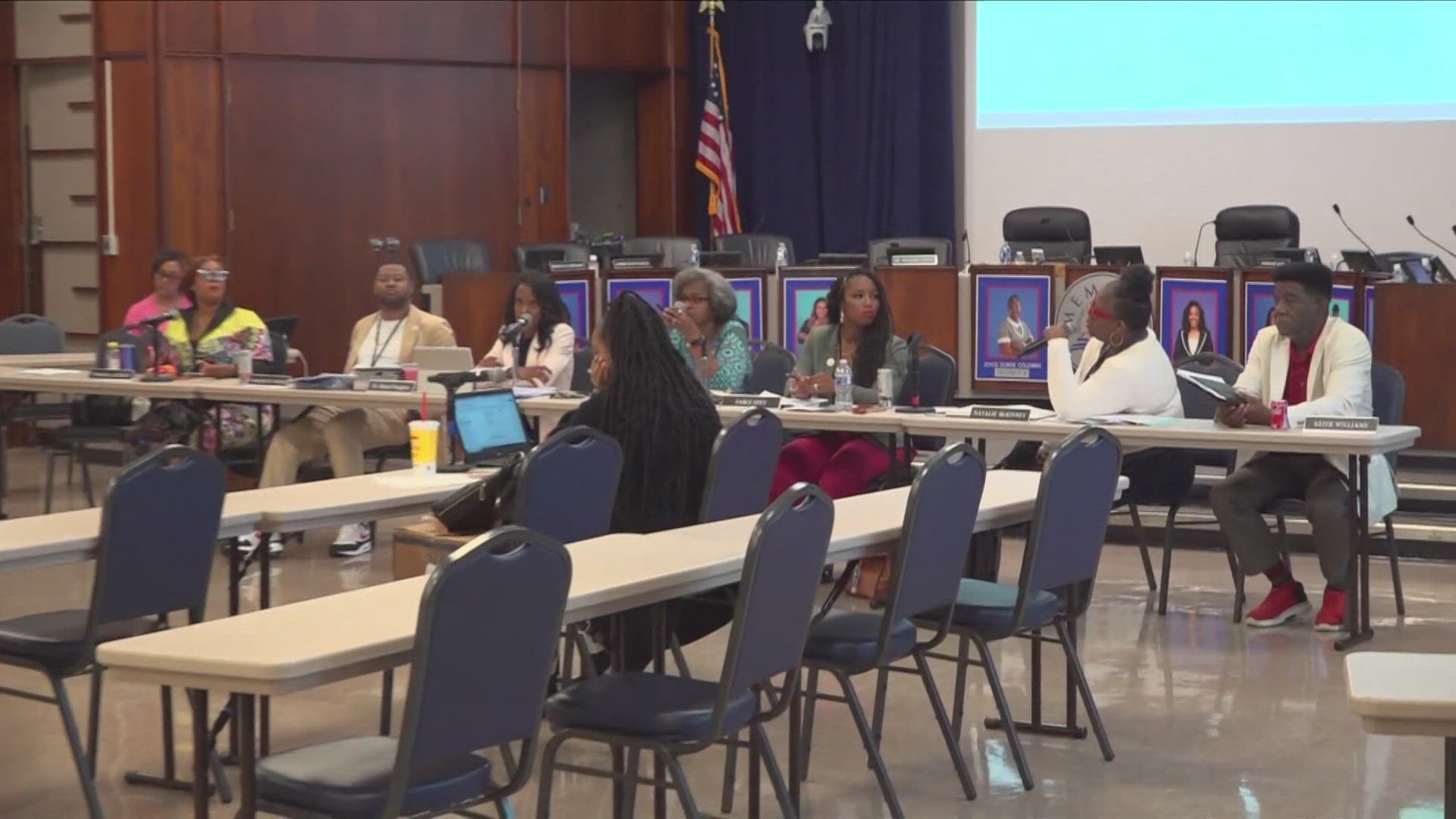MEMPHIS, Texas — Tennessee House bill HB1866, if passed, will potentially allow judges the discretion to strip child custody or visitation rights from alternative residential parents or noncustodial parents who are three years or more behind on child support.
A noncustodial parent is a parent who does not have physical custody of his or her child. Custody and visitation are legally decided by court order, and noncustodial parents are often ordered to pay child support to the custodial, primary residential parent.
An alternative residential parent is a parent who has shared or joint custody of his or her child, but he or she has less live-in parenting time than the primary residential parent.
RELATED: Tennessee lawmaker proposes bill that would ban teaching LGBTQIA+ issues and identity in school
In most cases, alternative residential parents are also ordered to pay child support to the primary residential parent.
In cases where both parents share joint custody and equal parenting time, one parent is still appointed as the primary residential parent.
Representatives feel that the house bill may be beneficial.
Tennessee Representative Johnny Garrett said, “My hope with this factor being part of this is that it will put child support as a priority to be paid instead of paying for your phone , the paying of your cable bill, or the paying of whatever’s out there.”
Tennessee Child Support Guidelines are based on an Income Shares Model. According to Tennessee guidelines this model calculates the determined child support amount based on the net income of both parents.
According to Tennessee guidelines, the shares model may still require an alternative residential parent who has joint custody to pay child support in some cases.
Rule 1240-02-04 of the Tennessee Child Support guidelines reads that an alternative residential parent may still have to pay child support to the primary residential parent if he or she has a higher income, even if an alternative residential parent shares joint custody and equal parenting time.
Tennessee’s use of the Income Shares Model may cause conflicts with the house bill, specifically for special cases where alternative residential parents share joint custody.
Based the proposed bill in conjunction with guidelines detailed in the Tennessee Child Support Guidelines, alternative residential parents who fall too far behind on child support can possibly face the same consequences as noncustodial parents.
The proposed house bill does allow the primary residential parent of the child to ask the court to grant the parent who has not paid child support "reasonable visitation rights" with their child.
The bill has been placed on the Senate Judiciary Committee calendar for Tuesday, February 22.




